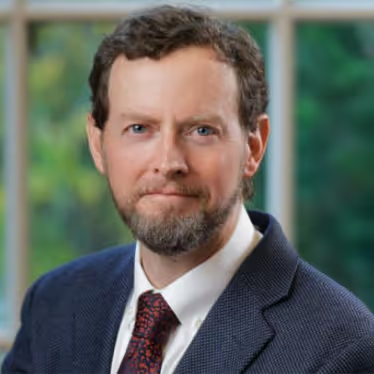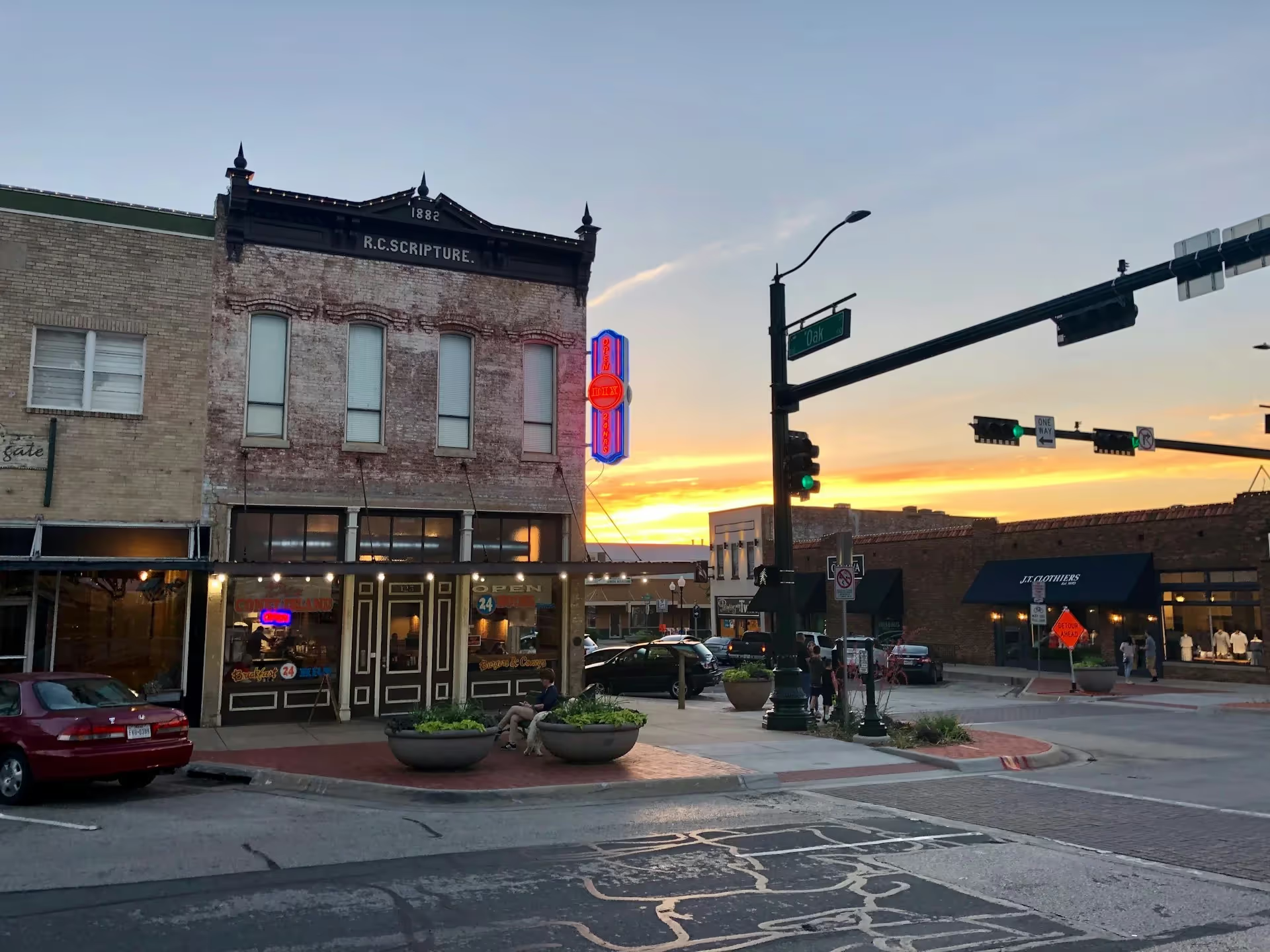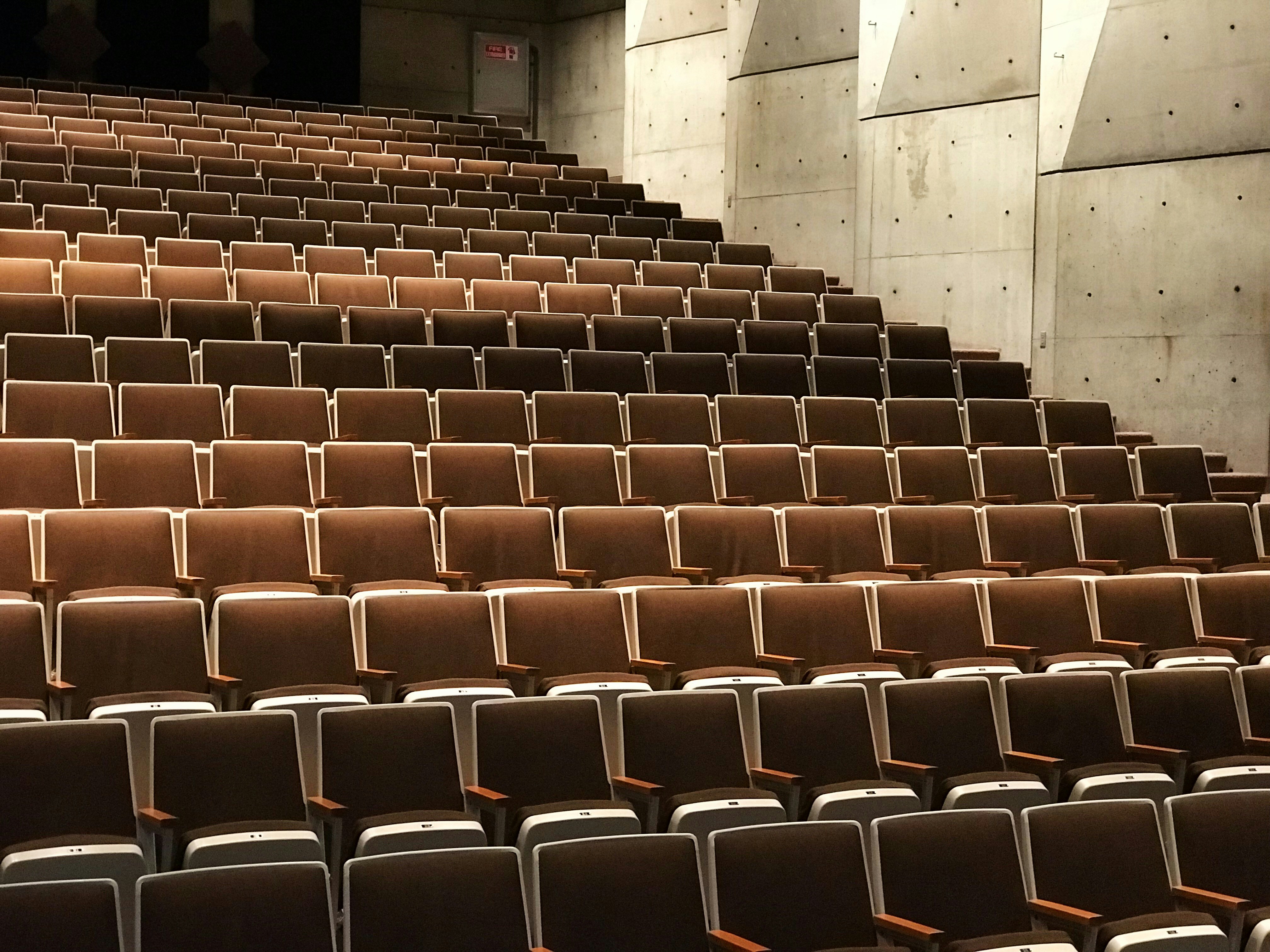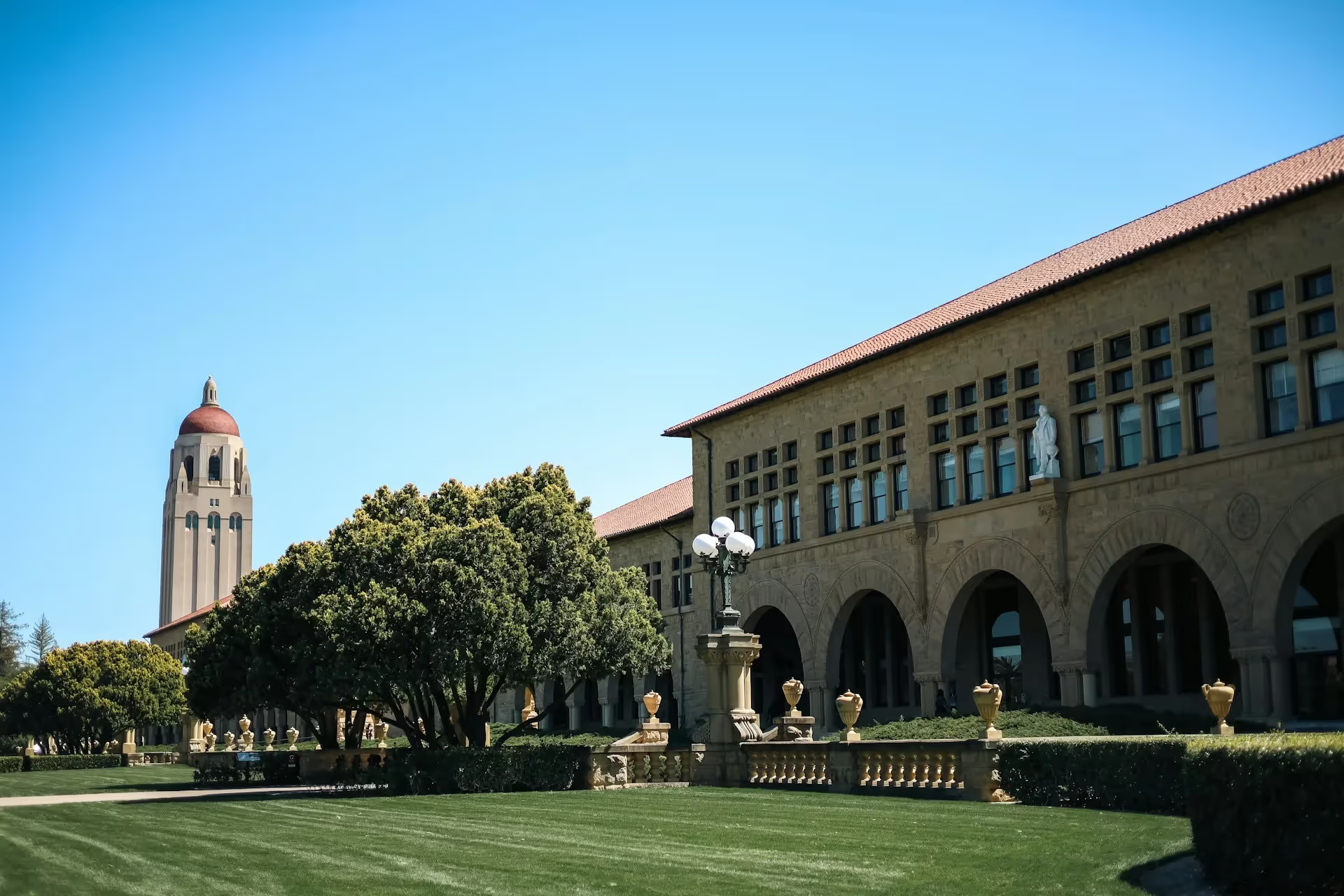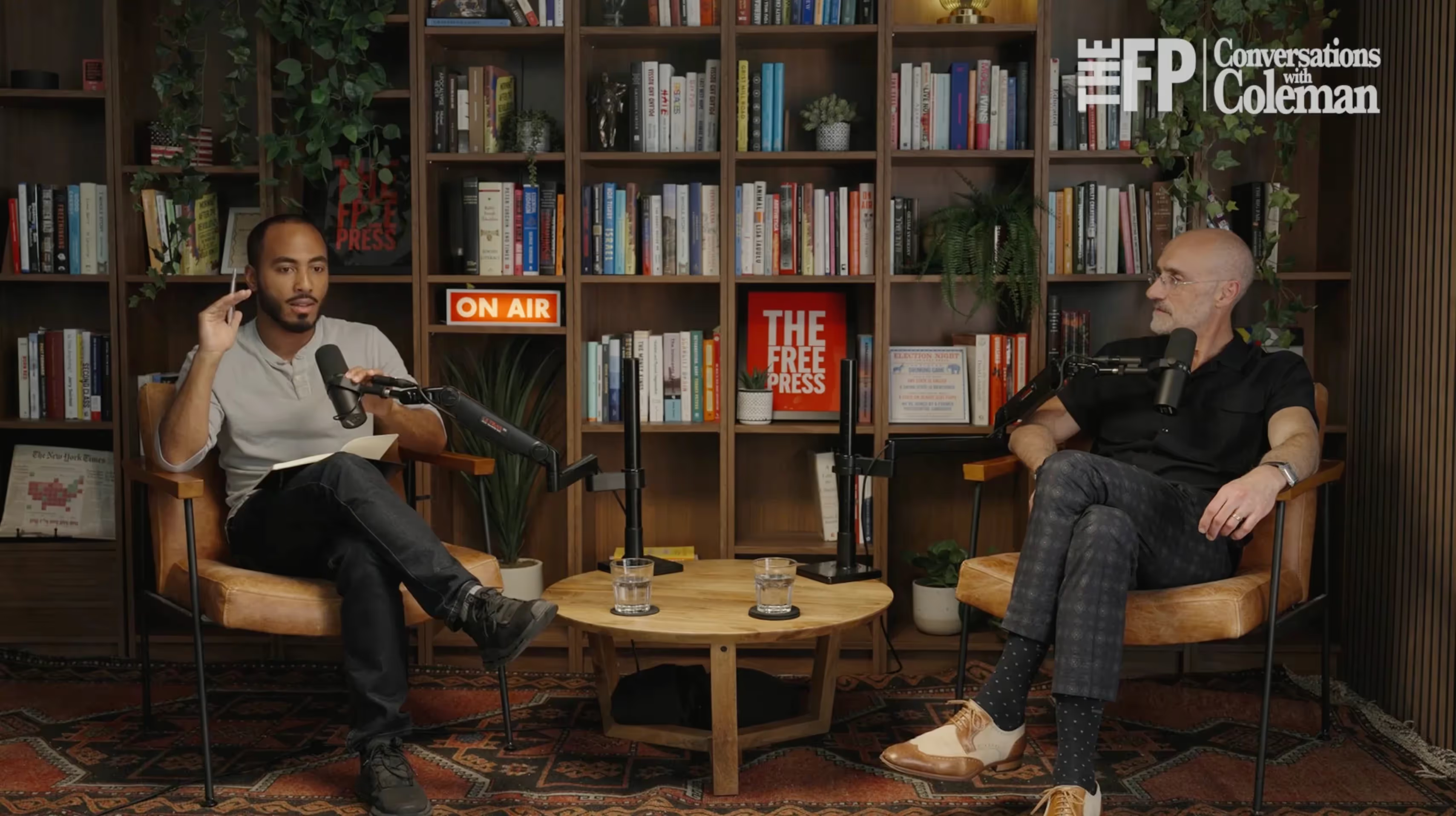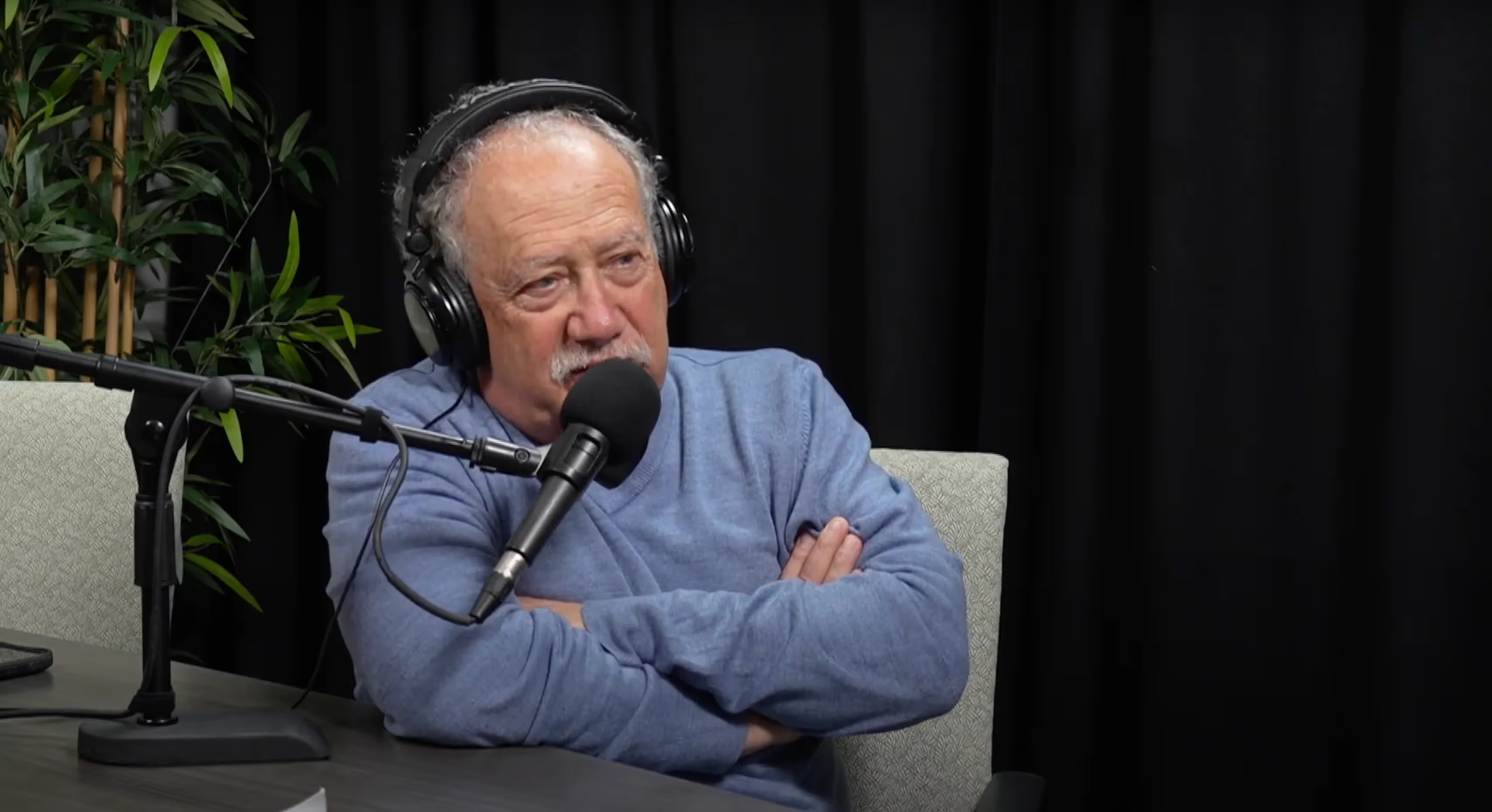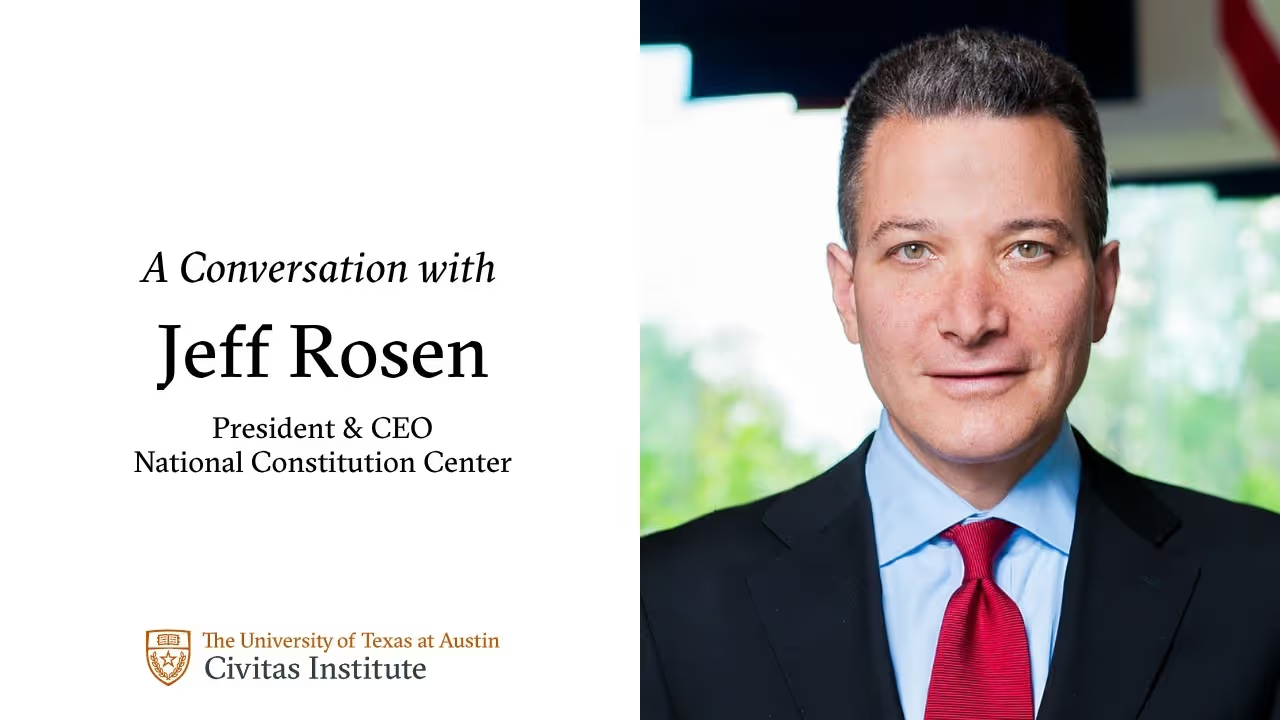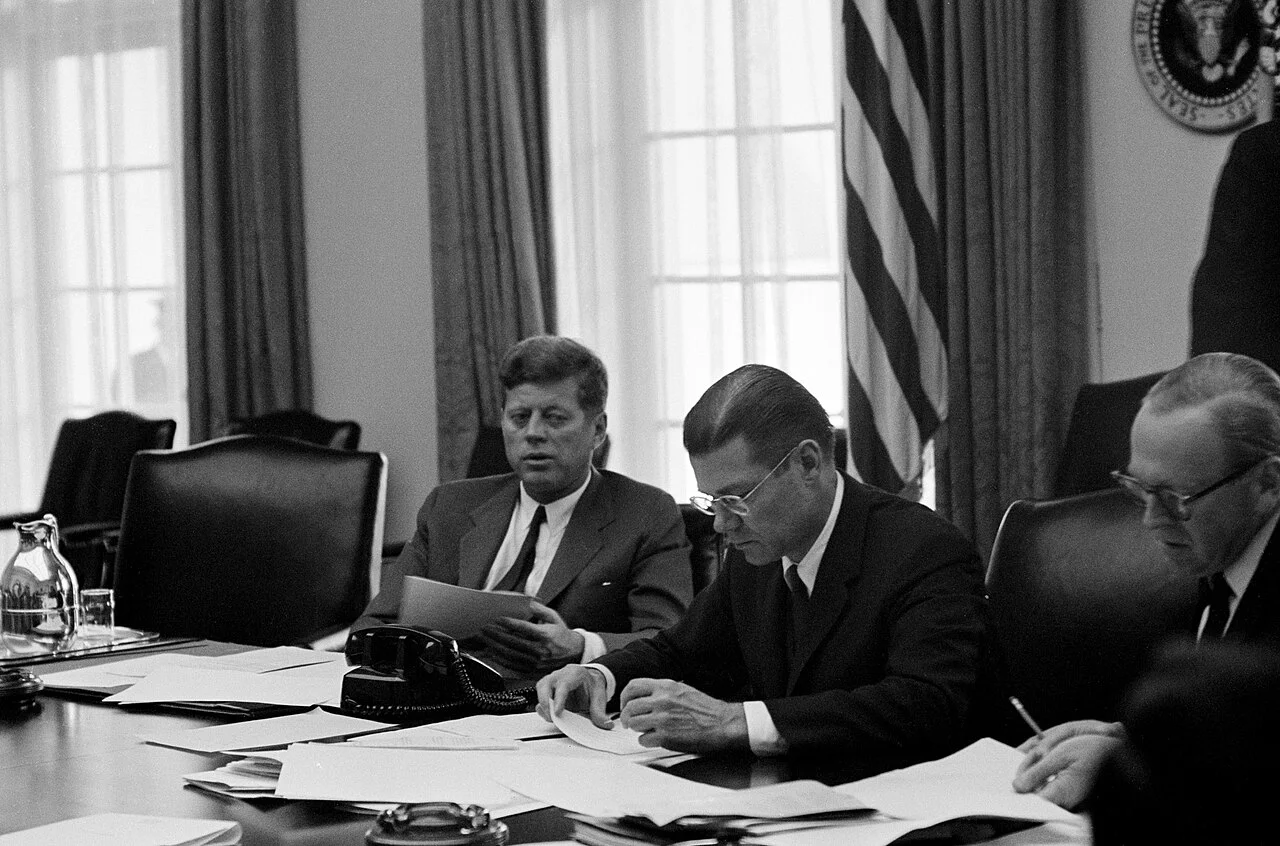
Civic Thought: A Proposal for University-Level Civic Education
An intellectual mission in the fullest sense requires a coherent program of teaching and research in a specific and demanding discipline. This report sketches the outlines of such a program, which we call “Civic Thought.”
Key Points
- There is widespread, bipartisan concern that American universities are not adequately preparing students for citizenship. The most ambitious efforts to attend to this problem to date have been undertaken by Republican-led state legislatures, which have mandated that state universities create new academic units for civic education.
- While this innovation has been undertaken to meet political needs, its success or failure will be determined by academic standards. To meet those standards, these new academic units will need to define and execute a distinctive intellectual mission.
- An intellectual mission in the fullest sense requires a coherent program of teaching and research in a specific and demanding discipline. This report sketches the outlines of such a program, which we call “Civic Thought.” As its core elements are derived from a consideration of the intellectual demands of citizenship, it may be useful to all those working toward the renewal of university-level civic education.
Introduction
Leading voices at America’s most prominent universities have recently pointed out that institutions of higher education are failing to offer students the civic education they need to play a constructive role in political life. Johns Hopkins President Ronald J. Daniels wrote a book to encourage fellow leaders in higher education to reconsider “what universities owe democracy.” A pair of Stanford faculty, writing in the New York Times, claimed that “by abandoning civics, colleges helped create the culture wars.” What can colleges and universities do to meet the next generation’s need for a richer civic education?1
While Johns Hopkins, Stanford, and others have done good work developing extracurricular programs and course sequences in response to this perceived need, the most ambitious projects in civic education have been undertaken by several state governments that have made substantial investments to create new academic units at their public universities. The model for this mode of reform is Arizona State’s School of Civic Thought and Leadership, founded in 2017 through the efforts of Gov. Doug Ducey and the Arizona state legislature; in the past two years, similar schools have been founded in Florida, Mississippi, North Carolina, Ohio, Tennessee, Texas, and Utah. These schools will have the same powers that other academic units have to hire their own faculty, design their own curricula, and offer their own majors and minors. This structural feature enables these schools to have a more profound effect on students and a more sustained effect on campus than do programs of study housed within or between existing departments whose primary purpose is something other than civic education.2
What will it take for these ambitious projects to offer a civic education that has a profound, enduring, and positive effect on the university’s work and culture—and on the country beyond the university’s gates? Among the factors that will determine these projects’ success, one of the most crucial is the articulation of a distinctive intellectual mission. For while the needs these schools have been created to meet are political, the standards by which they will prove themselves worthy of their place on campus are academic.
The articulation of an intellectual mission in its fullest sense requires defining a program of teaching and research with a particular scope of study and a characteristic approach, one that will train scholars in a demanding and recognizable discipline. Projects that define and implement a mission that can win the allegiance of both those who criticize the university’s civic failures and those who worry about the university holding true to its academic purpose have the most promise for surviving and thriving on campus—and making a durable contribution to our political and intellectual life.
In this report, we sketch the broad outlines of a new program of teaching and research that we call “Civic Thought.” Our argument draws on many informative conversations with administrators and faculty, especially with the group of impressive scholars who serve as the deans and directors of the new initiatives in public universities—but we do not claim to represent any group’s conclusions. We present this sketch of Civic Thought in the hopes that it may prove useful to the new schools in public universities and to other academics concerned about civic education as they work to launch new programs of study that will deserve to command both sustained public support and widespread academic respect.
Pursuit of Happiness
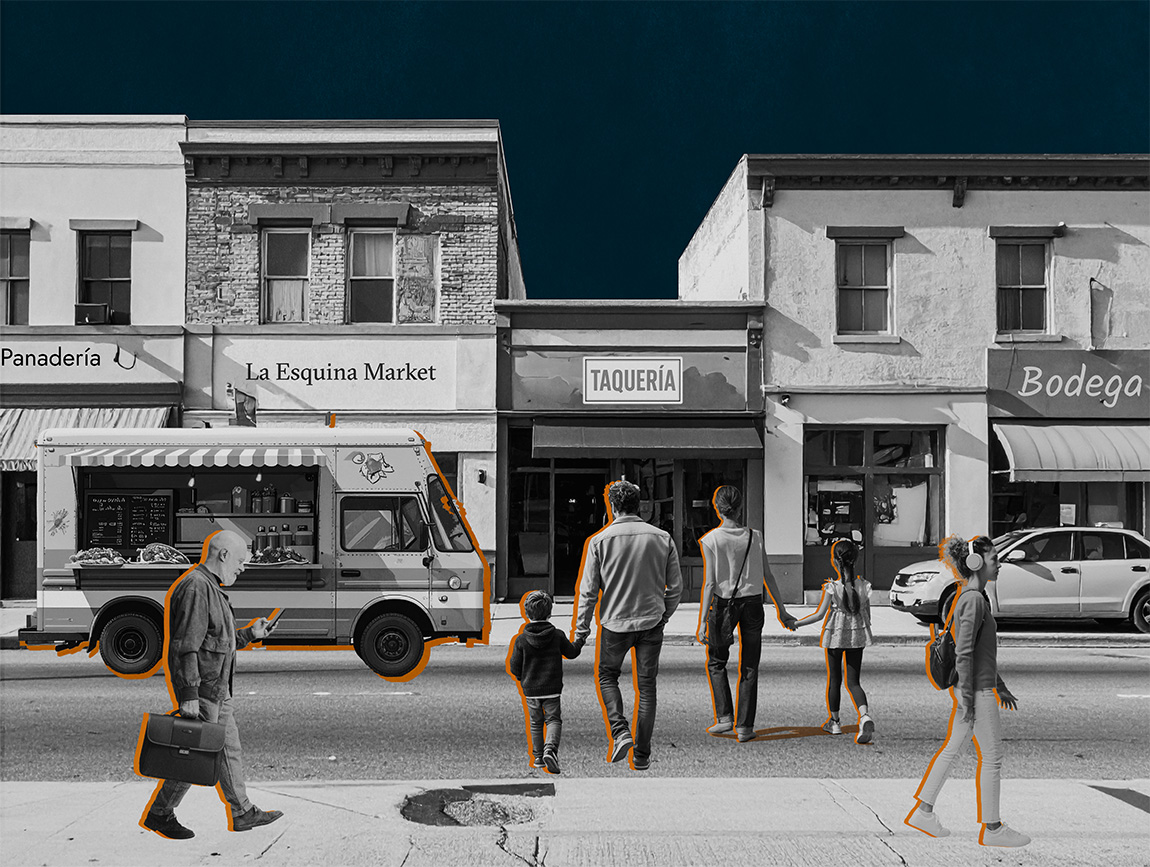
The Rise of Latino America
In The Rise of Latino America, Hernandez & Kotkin argue that Latinos, who are projected to become America’s largest ethnic group, are a dynamic force shaping the nation’s demographic, economic, and cultural future. Far from being a marginalized group defined by oppression, Latinos are integral to America’s story. They drive economic growth, cultural evolution, and workforce vitality. Challenges, however, including poverty, educational disparities, and restrictive policies, threaten their upward mobility. Policymakers who wish to harness Latino potential to ensure national prosperity and resilience should adopt policies that prioritize affordability, safety, and economic opportunity over ideological constraints.

Exodus: Affordability Crisis Sends Americans Packing From Big Cities
The first in a two-part series about the Great Dispersion of Americans across the country.

One Nation Spaced Out
Kevin Sabet’s new book addresses a problem that has bedeviled us for thousands of years: What should individuals and society do about the use of psychoactive substances?

The AI Frontier Must be Fiercely Competitive
In the long run, overregulation could run the risk of making AI less safe.
